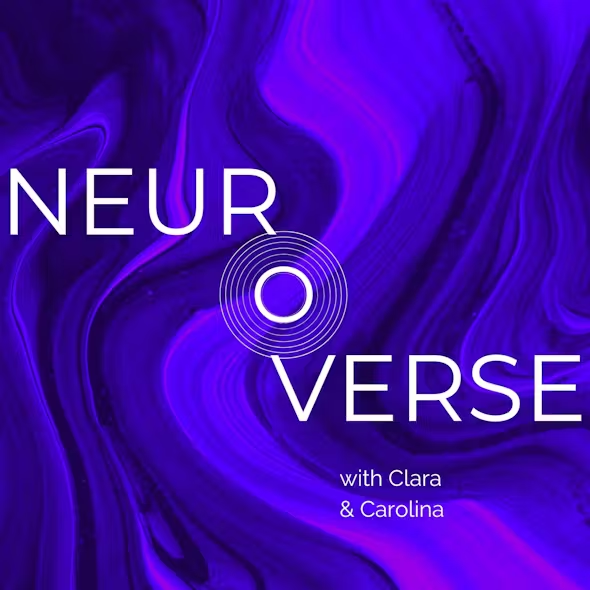

Neuroverse 6. A Podcast by Neuroverse: Tools for Looking into the Brain: Gaining Independence and the Importance of Mentorship in Academia
About the episode
This episode is the second part of our two-part conversation with Ashlan Reid and Mari Sosa, two neuroscience postdoctoral fellows who share their journeys of finding and fostering community in academia. They discuss being part of an international network of early-career life science researchers through the Leading Edge Fellows program.
Leading Edge provides women and non-binary postdocs with opportunities to connect, receive mentorship, and access training for career development, with a focus on securing faculty positions. Ashlan and Mari reflect on how Leading Edge has shaped their scientific careers, highlighting its supportive and constructive community. They also share the most valuable skills for landing faculty positions and emphasise the importance of mentorship in academia.
Planning your lab equipment as a faculty applicant? We’re here to help!
Our free personalised consultation simplifies the complex planning and budgeting process for your neuroscience lab. From cost management to timeline planning, our expert team is ready to help you build a research-ready lab tailored to your goals.
Complete our quick form to book your free consultation and one of our friendly team will contact you.
About Ashlan and Mari
Ashlan Reid is currently a postdoctoral fellow in Tony Zador's lab at Cold Spring Harbor Laboratory, which focuses on understanding the neural circuits in sensory systems, where she researches the development of cortical connections in the auditory cortex.
Mari Sosa is currently a postdoctoral fellow in Lisa Giacomo's lab at Stanford University, which focuses on untangling the neural circuitry that encodes spatial information, where she studies mechanisms of learning in the hippocampus.

Ashlan Reid (L) from Cold Spring Harbor and Mari Sosa (R) from Stanford University
About Carolina and Clara
Carolina and Clara are both neuroscientists and curious about the world and our perception of it. Their love for exploring ideas and bridging connections across various disciplines drew them to the interdisciplinary field of neuroscience. Together, they established Neuroverse as a platform for exploring and sharing ideas within and beyond neuroscience. Their goal is to create content that is accessible and engaging for both scientists and non-scientists alike.

Neuroverse hosts, Carolina and Clara
The podcast series
In collaboration with Neuroverse, this podcast series, "Tools for Looking into the Brain," is dedicated to creating engaging and informative content exploring various techniques used by researchers in neuroscience. With a focus on electrophysiology, multiphoton imaging, and optogenetics. Throughout this series, we'll have special guest appearances, offering valuable insights and perspectives from experts in the field.




)